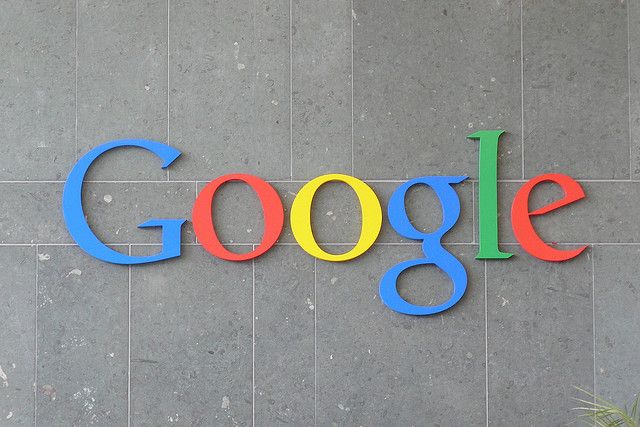Some rights reserved by carlosluna
“Don’t be afraid! We won’t make an author of you, while there’s an honest trade to be learnt, or brick-making to turn to.”
It’s a Dickensian quote that must’ve rung particularly true to many Google+ users when it was recently announced that Google would no longer be displaying authorship data or tracking authorship mark-up. Alas, a 3 year long experiment that had bloggers and assorted spokespersons vying to position themselves at the top of search engine results has been brought to a grinding halt.
And what a shame too, as for a while Authorship really did feel like the kind of unique feature that made Google+ stand out from the very competitive social media crowd (remember how Foursquare was, for want of a better term, obliterated by the “Check In” addition on Facebook? There’s a lesson about USPs to be learnt there).
The concept behind Google Authorship is rather compelling, if a little convoluted for those not well-versed in the ways of SEO and search algorithms. It’s all about giving prominence to web sources with authoritative content. Basically, Authorship was a way for people to link their Google+ profiles to the content they created (or which communications agencies had created for them), which made the feature something of a bridge between the social network and the Google search engine. If one of your posts racked up a hefty amount of views, +1s and shares, Google would be more likely to boost the content up the search results. Having your author photo (i.e. your Google+ profile pic), author name (i.e. your Google+ username) and number of Google+ circles you were in appearing next to the link on the search engine results page (SERP) was the delicious icing on the proverbial cake. You can see why so many bloggers and aspiring industry spokespersons took to it (hey, we did too).
So what went wrong? Well, as with many media ventures these days, be they social or otherwise, it all boils down to monetisation. Some online experts suggest that the profile pics on the SERPs distracted too much from ads and lowered amount of clicks on the Pay Per Click (PPC) listings. If something as seemingly innocuous as profile pics and author data are harming the ads, then they have to go. Another likely contributing factor to the decision to drop Authorship is the growing use of mobile devices, where profile pictures can take up space on SERPs and upset mobile users’ experience.
But there’s a twist: Authorship may be gone, but Author Rank still lives on… confused yet? While the former was an actual Google feature, the latter is a term that the SEO community has assigned to the concept surrounding Google’s ongoing ability to alter and boost the rankings of a piece of a story produced by a trustworthy author. In a nutshell, your face and name may no longer be appearing next to your content, but if said content is performing well online, there’s nothing stopping it from still appearing at the top of SERPs and redirecting users to your blog or website.
So there’s no need to throw out the digital baby with the bathwater just yet – you just need to live with the idea that your top notch content will be read, shared and appreciated by a vast online audience who won’t see your name or your pretty face. A bit like working in PR, then.
